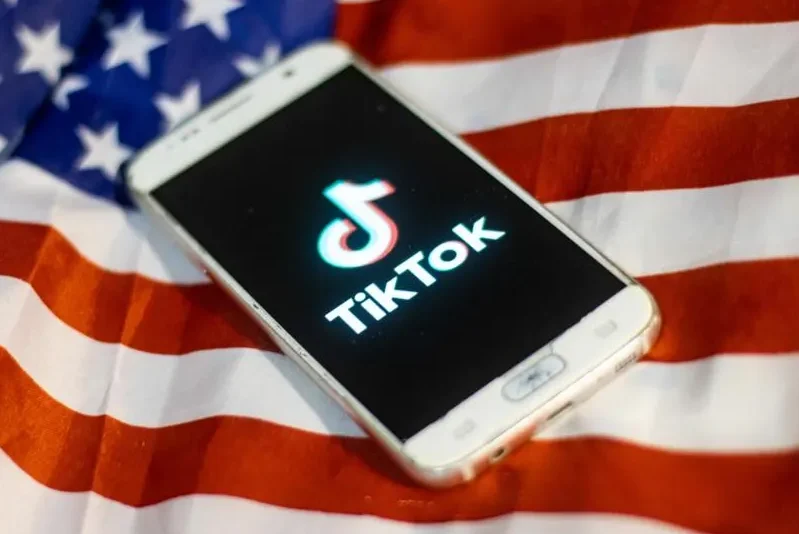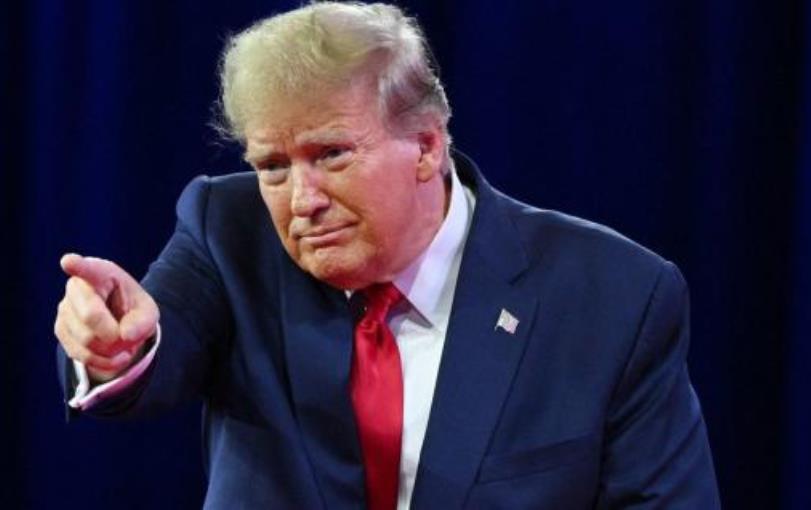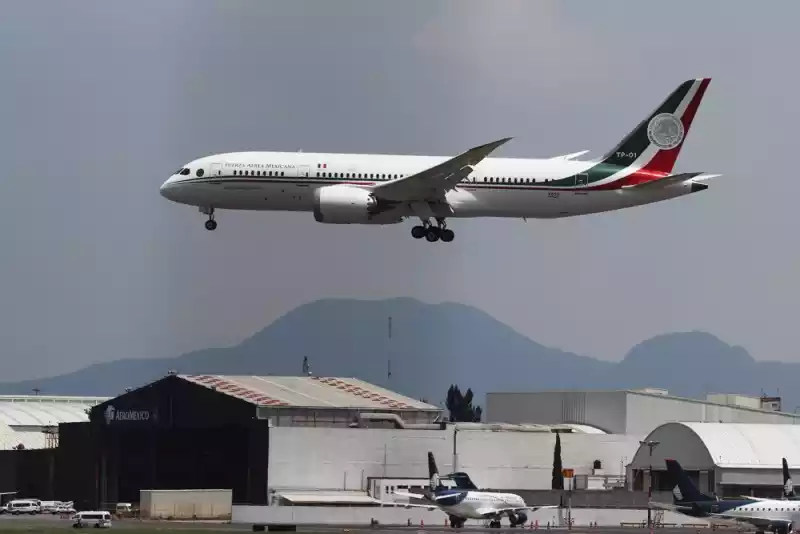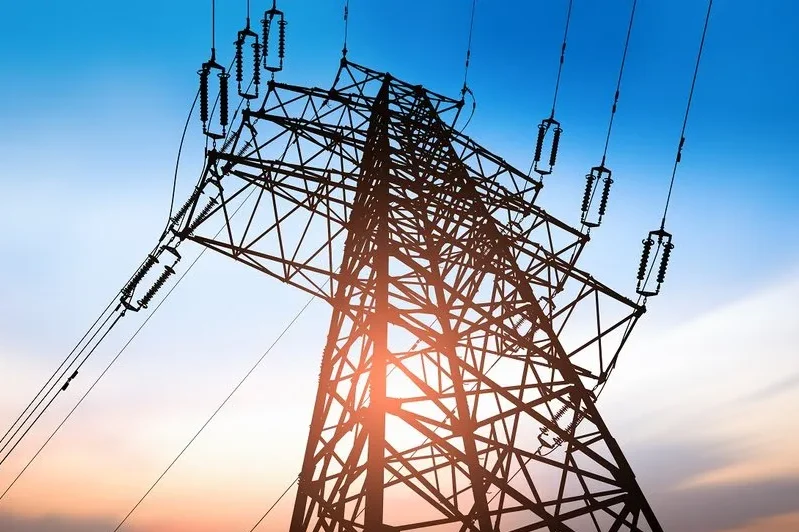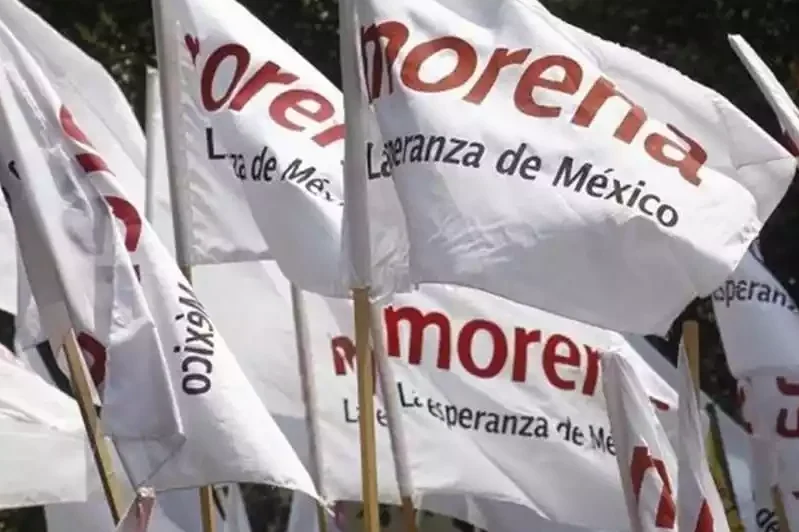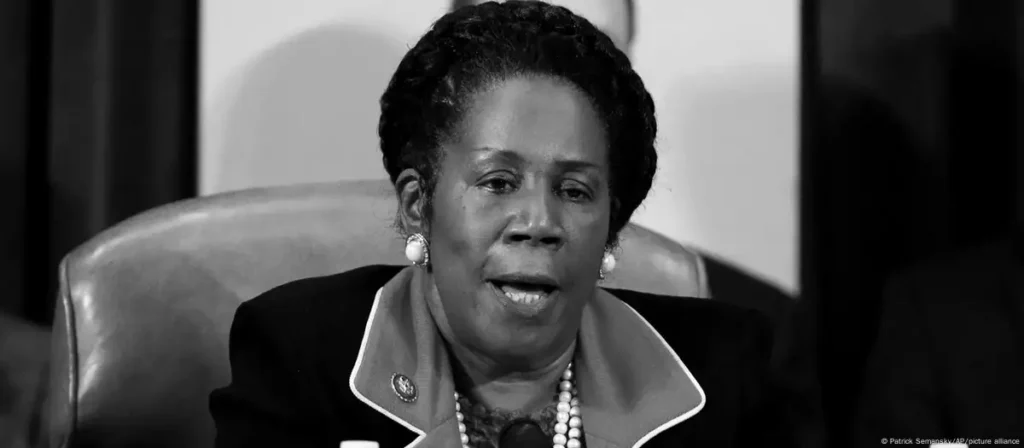The Future of Venezuela in the Sights of the White House

The future of Venezuela with the easing of sanctions remains uncertain, as the White House is still considering what other measures to take.
Several factors have led the White House to ease sanctions against Venezuela, with migration being one of them.
There is no doubt that the talks led by the President of Mexico have played a significant role. Following meetings with the United States government, dialogue was reopened, and deportations to Venezuela have resumed.
The future of Venezuela is still at stake, and the White House is engaged in discussions to determine its next steps regarding the recently announced lifting of sanctions on the Venezuelan oil sector.
According to Voice of America, deliberations within the White House involve two plans for various scenarios.
By the end of November, the U.S. government may “reimpose” sanctions if the government of Nicolás Maduro does not allow the opposition candidate María Corina Machado, who was elected as the presidential candidate for the 2024 elections.
On the other hand, according to sources with knowledge of internal discussions within the White House, U.S. officials are considering “deepening the dialogue” to have the Caracas government agree to the conditions imposed by the United States.
Meanwhile, the future of Venezuela introduces a new element: María Corina Machado, the winner of the opposition presidential primary, is expected to lead the new opposition in the South American country.
Another group, as per sources, is evaluating the domestic impact of reimposing sanctions on the migration crisis, specifically on the U.S. southern border, where record numbers of irregular crossings have been recorded in the past year.
While some experts believe that the Biden administration could return to a sanctions framework, there are those who argue that doing so “would lead us back to where we were before,” as an anonymous official told VOA.
In an interview with Americas Quarterly, President Joe Biden’s advisor, Juan González, confirmed that there is a “political debate within the U.S. government” on this issue.
“Are we going to return to imposing complete sectoral sanctions, or is there a better and more specific approach?” González questioned.
“These are questions that I think should be discussed with Congress, the Unitary Platform, and others to determine the right path,” the senior official responded.
A group of Republican lawmakers criticized Biden for lifting the sanctions, including Florida Senator Marco Rubio, who described it as “appeasement.”

The future of Venezuela also depends on the decision of the Venezuelan government
Jorge Rodríguez, the chief negotiator for the Maduro government in talks with the opposition, vehemently rejected Washington’s condition regarding the suspension of political disqualifications.
Responding to Juan González’s statements, he considered Washington’s expectations as “false and deceitful.”
“At this point, they should know that Venezuela does not accept pressure, blackmail, bribes, interference from any country or power,” emphasized Rodríguez, who is also the president of the officialist National Assembly, in a televised broadcast.
Maduro has advocated for establishing a “new era” of relations with the United States following the announcement of limited sanctions relief for Venezuela’s energy sectors.
Among the White House’s expectations is the gradual release of Americans detained by the Caracas government. Washington’s senior officials may view a potential concession on this matter as a step in the right direction.
The Maduro government has walked away from the negotiation table with the opposition on several occasions.
